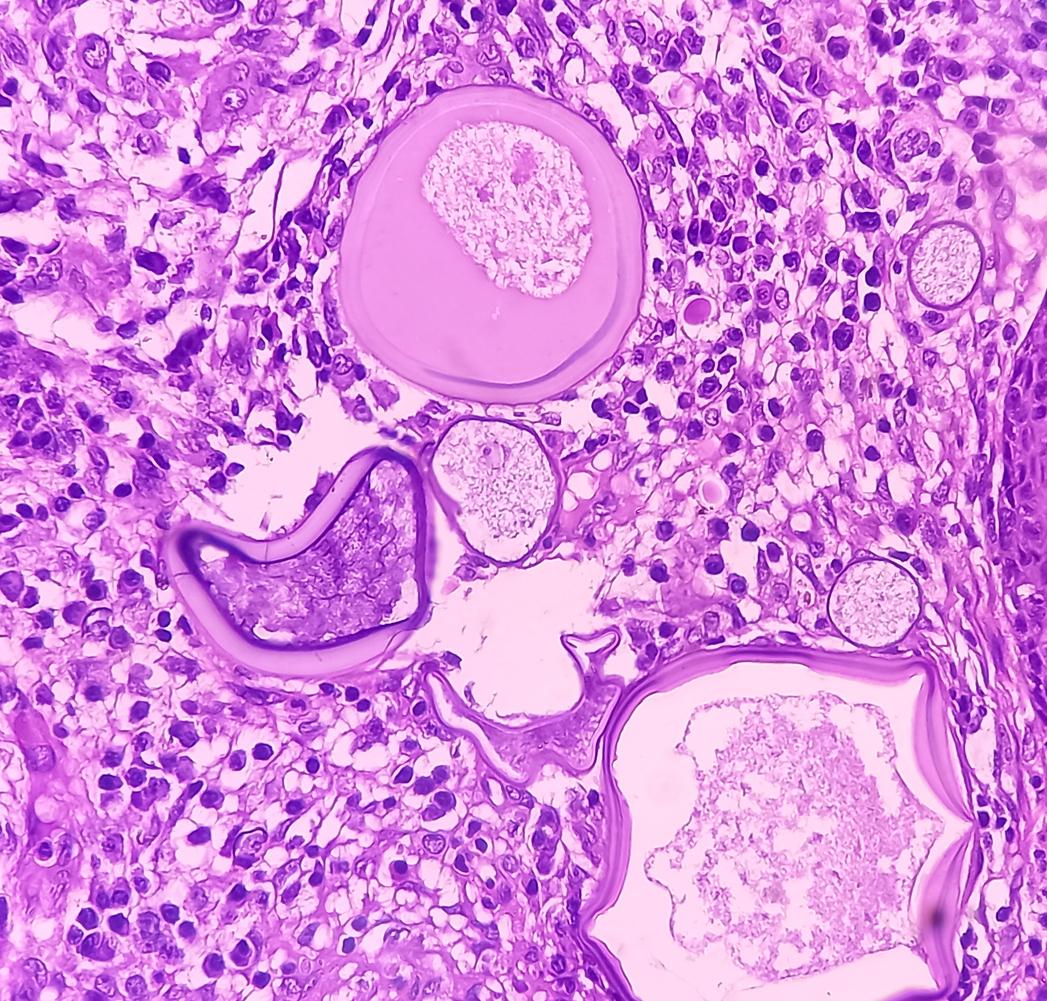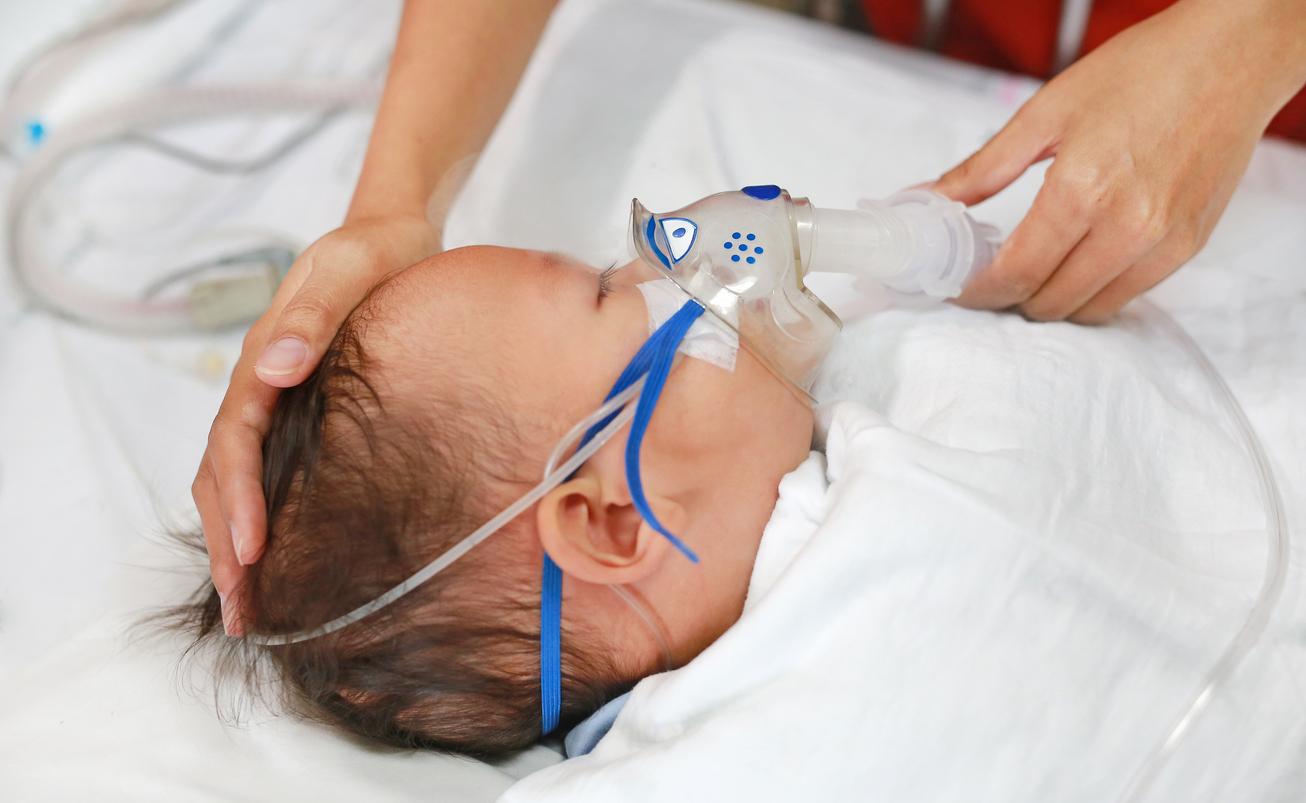Researchers have linked infections during pregnancy to impaired neuronal development in the brain.
-1572884622.jpg)
The need to ensure the physical and mental health of the mother during pregnancy cannot be overstated. New research by scientists from the University of Copenhagen’s Faculty of Health and Medical Sciences has established a strong link between infections during pregnancy and reduced stem and nerve cell growth that can lead to disorders psychiatry in children.
The study published in the journal Molecular Psychiatry indicates that infections in the mother can lead to impaired development of stem and precursor cells of neuronal cells in the brain. According to Konstantin Khodosevich, associate professor at the Biotechnology Research and Innovation Center (BRIC), this is the first time that scientists have managed to make a connection between the two.
Tests carried out on mice
During the study, the researcher observed how the mother’s immune response to infections during pregnancy affects the stem cells and precursor cells of neuronal cells, which profoundly disrupts their development in the brain. The development of GABAergic cortical interneurons – which is the key neuronal class providing inhibition in the brain – was impaired in mouse offspring when the mother suffered from infection during pregnancy.
Researchers found that the effect was immediate and resulted in dramatic, long-lasting impairments, resulting in multiple damage throughout the neuronal development process, from the birth of neurons to their maturity.
The researchers also observed that the symptoms shown by the newborn mice were similar to those shown by humans with psychiatric disorders, including decreased prepulse inhibition, altered social interactions and cognitive decline. .
Different conditions depending on the stage of growth
Since such a study with humans involved huge “technological and ethical questions”, Konstantin Khodosevich and his team decided to conduct the study with mice. As psychiatric disorders remain complex to study, the research team has not yet found conclusive evidence on how they arise.
Konstantin Khodosevich says, however, that the study team was keen to contribute to the scientific understanding of these diseases and that they were able to show the different effects of infections at different times during pregnancy. The researchers found that infection at different stages of pregnancy affected different precursor cells and therefore different neurons were affected.
They concluded that the timing of infection is very important and can lead to variable outcomes depending on the stage of brain development. This may be at the root of the complexity of psychiatric disorders.
Researchers now wish to explore more deeply the molecular mechanisms and signaling pathways that underlie impaired interneuron development, in order to better understand the complexity of psychiatric disorders.
.

















